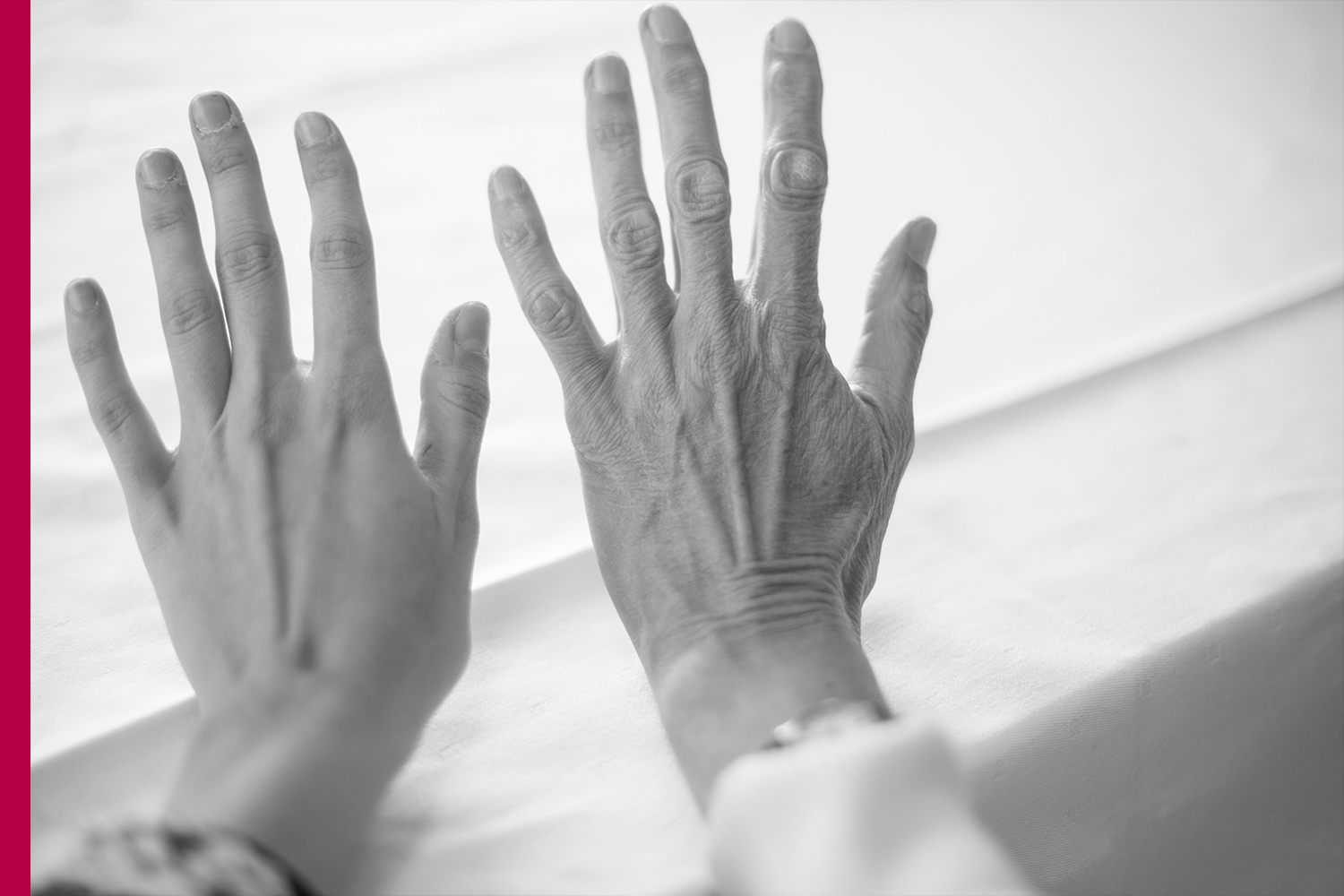Menopause is a natural stage in a woman’s life that marks the end of her reproductive years. Typically occurring between the ages of 45 and 55, menopause brings significant hormonal changes that affect physical, emotional, and mental well-being. Understanding menopause and maintaining hormonal health is essential for managing symptoms effectively and promoting a healthy, vibrant life during this transition.
Understanding Menopause
Menopause occurs when the ovaries gradually reduce the production of estrogen and progesterone, leading to the cessation of menstrual cycles. The period leading up to menopause, known as per menopause, can begin several years earlier and is often characterized by irregular periods, hot flashes, mood swings, and changes in energy levels. Post menopause refers to the time after a woman has not had a menstrual period for 12 consecutive months. During this stage, hormonal shifts continue to affect various bodily systems, making awareness and proactive care crucial.
Common Symptoms of Menopause
Hot Flashes and Night Sweats:
Sudden feelings of heat, often accompanied by sweating and flushing, are common due to declining estrogen levels. Night sweats can disrupt sleep and lead to fatigue.
Mood Changes:
Hormonal fluctuations can contribute to irritability, anxiety, and depression. Emotional well-being is closely tied to sleep quality and physical health.
Sleep Disturbances: Difficulty falling asleep or staying asleep is common, often linked to night sweats or changes in circadian rhythm.
Weight Gain and Metabolism Changes:
Reduced estrogen can slow metabolism, leading to weight gain, particularly around the abdomen.
Bone and Heart Health:
Estrogen helps maintain bone density and cardiovascular health. Lower levels increase the risk of osteoporosis and heart disease.
Cognitive and Sexual Health:
Some women experience memory lapses, difficulty concentrating, or reduced libido during menopause. Vaginal dryness can also affect sexual comfort and satisfaction.
Maintaining Hormonal Health During Menopause
Nutrition Tips:
Calcium and Vitamin D: Crucial for bone health. Include dairy, leafy greens, fortified foods, and sunlight exposure.
Balanced Diet: Focus on whole grains, lean proteins, fruits, vegetables, and healthy fats to maintain weight and support overall health.
Phytoestrogens: Foods like soy, flaxseeds, and legumes may help balance estrogen levels naturally.
Hydration: Proper hydration supports energy, skin health, and bodily functions.
Exercise Recommendations:
Strength Training: Helps maintain muscle mass and bone density.
Cardio Workouts: Walking, swimming, and cycling support heart health and metabolism.
Flexibility and Balance: Yoga and Pilates reduce the risk of falls and improve mobility.
Mind-Body Practices: Meditation, tai chi, or breathing exercises can help manage stress and mood swings.
Lifestyle and Wellness:
Sleep Hygiene: Maintain a consistent sleep schedule and create a relaxing bedtime routine.
Stress Management: Counselling, mindfulness, and hobbies can alleviate anxiety and improve emotional health.
Avoid Smoking and Limit Alcohol: Both can exacerbate symptoms and increase health risks.
Medical Interventions
For some women, lifestyle changes may not be enough to manage severe symptoms. Options include:
Hormone Replacement Therapy (HRT): Helps replenish estrogen and progesterone to reduce symptoms like hot flashes and bone loss.
Non-Hormonal Medications: Antidepressants, blood pressure medications, or other therapies may help with specific symptoms.
Regular Health Check-ups: Screening for osteoporosis, cardiovascular health, and other age-related conditions is essential.
Final Thoughts Menopause is a natural life stage, but its hormonal changes can affect quality of life if not managed properly. By focusing on balanced nutrition, regular exercise, mental wellness, and medical guidance when needed, women can navigate this transition with confidence and vitality. Understanding menopause is not just about symptom management it’s about embracing a new phase of life with health, strength, and resilience. With the right approach, women can continue to thrive physically, emotionally, and socially, enjoying a fulfilling life well beyond their reproductive years












